Many caregiver communities experience dual struggles of managing the needs of someone else, while taking care of their own mental health. For example, parents with special needs kids are not only managing the needs of their child, but can struggle with their own anxiety, burnout, and depression as well. Similarly, individuals who become the primary caregiver for an elderly family member often face the compounding challenges of managing their newfound responsibilities with their own mental health struggles.
Lief Therapeutics has recently partnered with I-Ally, an organization that connects millennial caregivers to resources and a community to help them navigate the unique challenges they face in their critical role. We had the honor of chatting with I-Ally founder, Lucinda Koza, to hear about her incredible journey to empowering herself and others through her shared experience with other caregivers, who all too often go unheard by other stakeholders in the complex caregiver ecosystem.

What was your journey to creating I-Ally?
It all started in late 2018. Suddenly, my dad, who I hadn’t seen in a year, had a bad stroke. I was the only person he reached out to by phone. When he called, he couldn’t even tell me where he was or what he was doing because he was so disoriented. I immediately burst into tears because it hit me like a ton of bricks that something terrible is happening, and I’m the only person dealing with it. It was a horrible revelation to feel so alone and helpless.
To finish the story, when I finally made it to my dad, he didn’t even want to go to the emergency room. He claimed he was fine, but I could tell he wasn’t. I felt destabilized to my core because he was acting extremely agitated, aggressive and mean to me, which is not like him at all. In the end, I basically had to trick him into going to the ER because he was essentially mid-stroke and thus wasn’t aware of what was happening to him. I felt like an alien had taken over my dad’s body, and I couldn’t recognize him anymore. As his daughter, it was totally traumatic.
Once he realized that I was taking him to the ER, he was saying things like, “You don’t love me!” and “Don’t touch me!” These are hurtful things he would never have said prior to his stroke. I remember steeling myself as best as I could and repeating to myself, “You just have to be a drill sergeant right now and make this happen.” At the time I didn’t have the language for it, but I was essentially depersonalizing during this experience. I felt that I had to disassociate from myself to protect myself from what was going on.
I’ve always admired my dad and felt he was the smartest person I knew, so when he wasn’t able to answer the ER doctor’s questions correctly about who was the current president, it threw me off and scared me to death. I’ve been in scary situations before — I was an actor and auditions were nerve wracking! I got used to faking strength and faking confidence, and considered myself a strong person, but this event with my dad shattered me. Something just snapped. No matter how old I get, and I think this is true for many people, I always feel like a kid around my parents, so it was a jarring realization to know our roles were switched, and I was now the one taking care of my dad. I knew that I’d have to be stronger than I’d ever been in my life, and I worried whether I could do it.
I have other siblings, but they were unable to make it to the hospital. It’s quite common that most of the caregiving duties typically fall on one person. That was even more devastating to realize how alone I was in taking care of my dad. On some level I felt abandoned. On top of that, I felt invisible to the doctors and nurses. Don’t get me wrong, I appreciate the incredible work that all essential health care workers provide, but I also wish that there were checks in place so the healthcare system can catch people before they fall through the cracks. I got the impression that the doctors and nurses assumed that I knew how to be a caregiver. They didn’t ask any questions about how I was doing, or connect me to any support services even though I was in a state of shock. I’d been in the hospital 5 days at that point and was struggling not to have an emotional breakdown.
The total lack of family members, social workers, or other hospital workers checking in on me made me realize that this is a huge gap in the caregiver system. I realized there has to be some kind of program for people like me, particularly other young women, that are going through a similar experience. I felt compelled to create something that would make it so one less person had to go through what I went through all alone. There are millions of us dealing with this, and no one is talking about it.
What problems do you want to solve with I-Ally?
The main thing is providing social support to caregivers. I took control of my dad’s finances, I was power of attorney, but I didn’t know what any of it meant. I want to keep other people from making the mistakes I made, and save people from wasting time or making a bad decision. The logistics of being the caregiver are quite complex, so crowdsourcing information from others who have gone through something similar is extremely valuable.
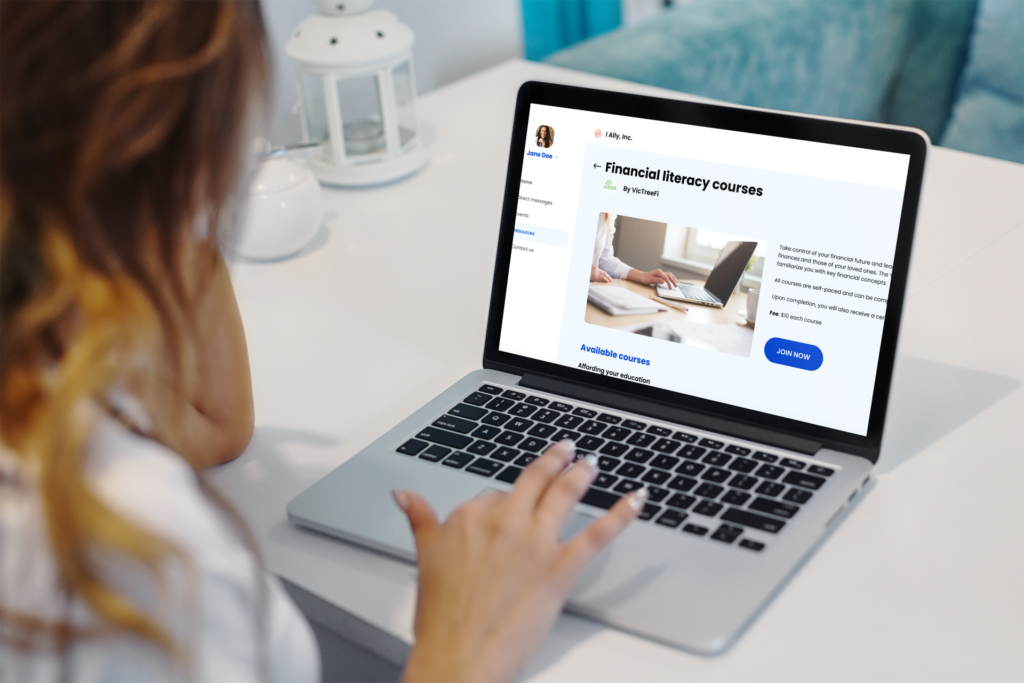
What motivates you to keep going with I-Ally even when you hit roadblocks?
There are days when I’ve only worked on the business plan, or I’ve only worked on fundraising, and that stuff can feel dry to me. But then the days when I get to talk to other mission driven founders like Rohan, are what help keep me going. It’s like when you see someone else who is working so hard to satisfy a need, you recognize it in each other, and there’s a supportive feeling. Then you feel like, “Of course I can keep going, of course I can keep dealing with the crappy days of working on numbers, because ultimately it’s about the much bigger picture.” I feel very motivated and inspired by other problem solvers, other creators, and other caregivers, who push through the hard times.
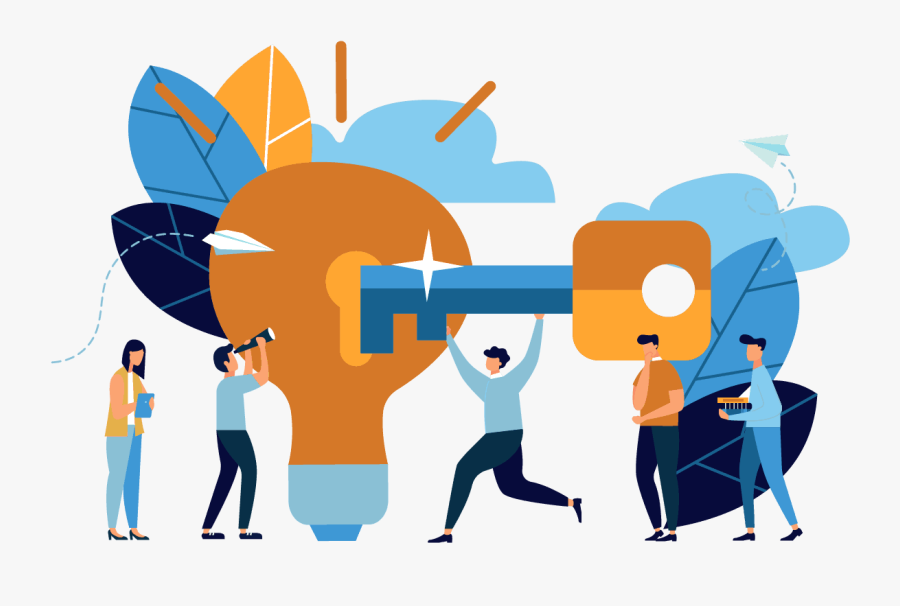
How would you explain I-Ally to someone who doesn’t know anything about it?
I-Ally is a community driven app. We are solving a huge need by uniting millennial family caregivers to a community, where they can provide support and get expert resources and guidance, so their lives will be easier. I-Ally wants caregivers to have a healthy, happy, fulfilling life. Community support is so important in this space. We’re a community of caregivers, family members of caregivers, mental health experts, and other individuals in the caregiving ecosystem. We are all part of this ecosystem whether we want to be or not. We welcome service providers into the community because the more engagement we have from them, the more we can help our caregiver community.
How do you take care of your mental health as a caregiver?
Chronic stress is the most important thing here, because that daily stress of taking care of someone else in every way, that builds up over time. It lowers your immune system, you’re more likely to get sick, you’re more likely to die. Chronic stress is such an insidious killer and it’s so important to find ways to cut that stress.
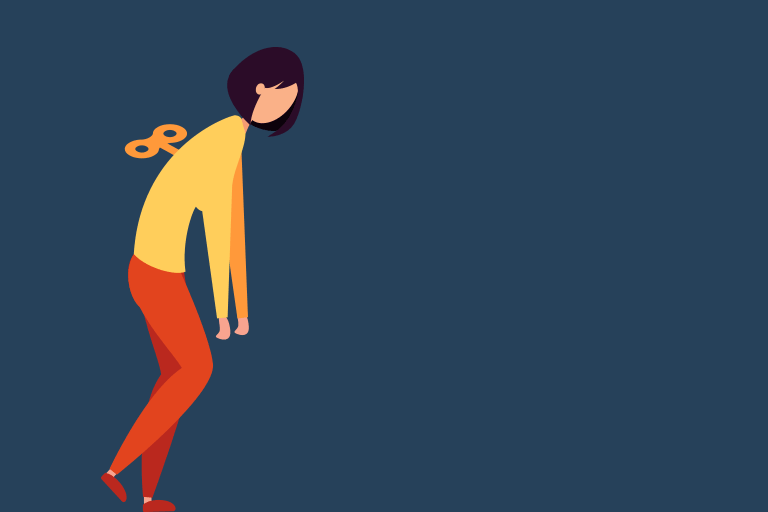
It’s very hard because you’re not thinking about your own needs for a while, so you put yourself on the back burner. But don’t put yourself on the back burner because it will catch up to you. I didn’t deal with my mental health until I suddenly realized I had PTSD, and then I started to see a therapist, who confirmed that I did have PTSD.
I now have the language to understand my grief better. I am experiencing ambiguous loss in the sense that I’ve lost the version of my dad that I’d always known, but haven’t completely lost him yet since he’s still here physically, even though he has dementia. I have struggled with the fact that I feel horrible grief, but I can’t fully confront my grief because he’s still here. There’s so many different levels to my grief as my relationship with my dad has evolved throughout this time.
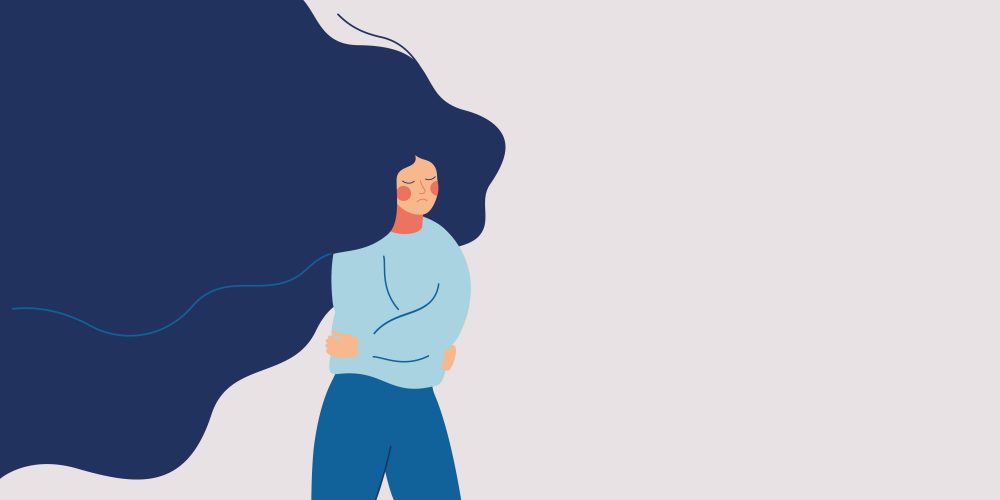
It’s important to have a group of peers that can share in your experience and say, “Yea, that happened to me too” — it does so much for your mental health to feel like you’re not isolated. At 30, none of my friends were dealing with anything like this, so I wondered, “What’s wrong with me? Why am I going through this alone?” But you can’t stop it from happening. You just have to find those people who understand, and talk to each other.
How do you see Lief helping I-Ally members?

It goes back to chronic stress. The chronic stress of being a caregiver will make you miserable. I didn’t feel there were very many people who could understand the level of stress I was under. People would say to me, “Self care is important, take a bath, pamper yourself!” But that almost felt insulting because I couldn’t pamper myself since I literally didn’t have the time anymore due to my caregiving responsibilities, but also because I felt I needed a more “real” solution than a warm bath.
So when I saw what Rohan was doing at Lief, a lightbulb went off. I loved that Lief is actually something that helps you monitor your stress by tracking your biomarker. Then, it intervenes in real time before you have a panic attack or freak out. It felt like a real solution, a real answer to help people pump the brakes on their stress response before it gets out of hand. It’s an innovation that helps us manage stress better. There isn’t a lot of innovation in the mental health space, so I think it’s a shining light for caregivers who need the flexibility, but also daily support.
After all, to schedule with a therapist, you have to be at a baseline level of functioning. Stress, depression, and anxiety can make it difficult to function on the most basic level. Sometimes I felt like I couldn’t even manage to eat or shower, so I know people will want access to an affordable, accessible service without having to jump through the typical healthcare hoops. Lief gives people the option to have something rather than nothing as quickly as possible.
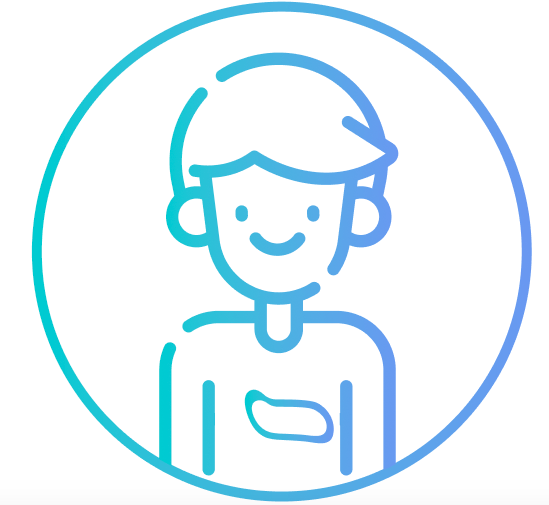
Editor’s Note: This interview has been edited for brevity and clarity.
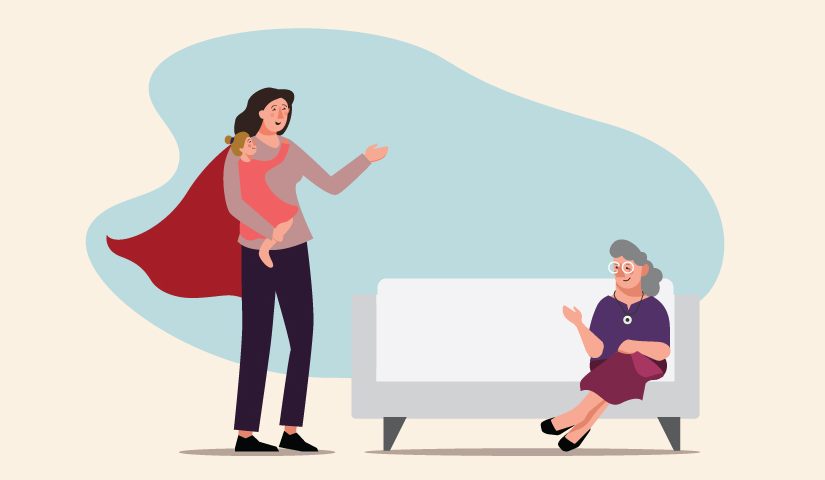

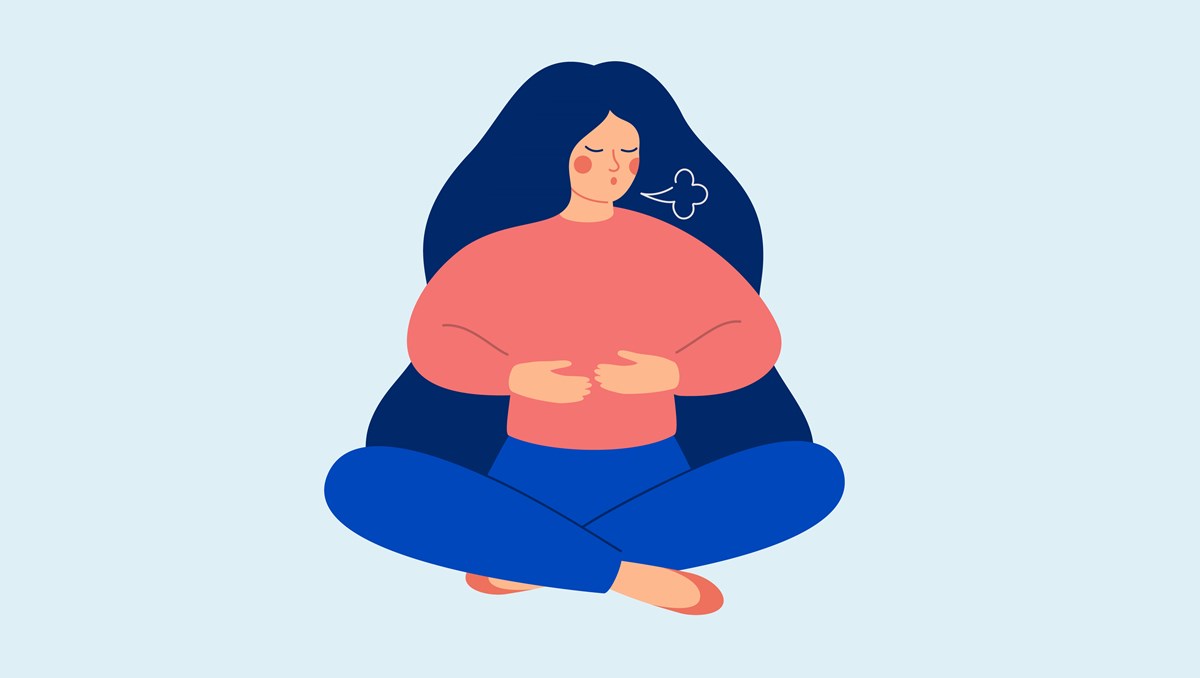
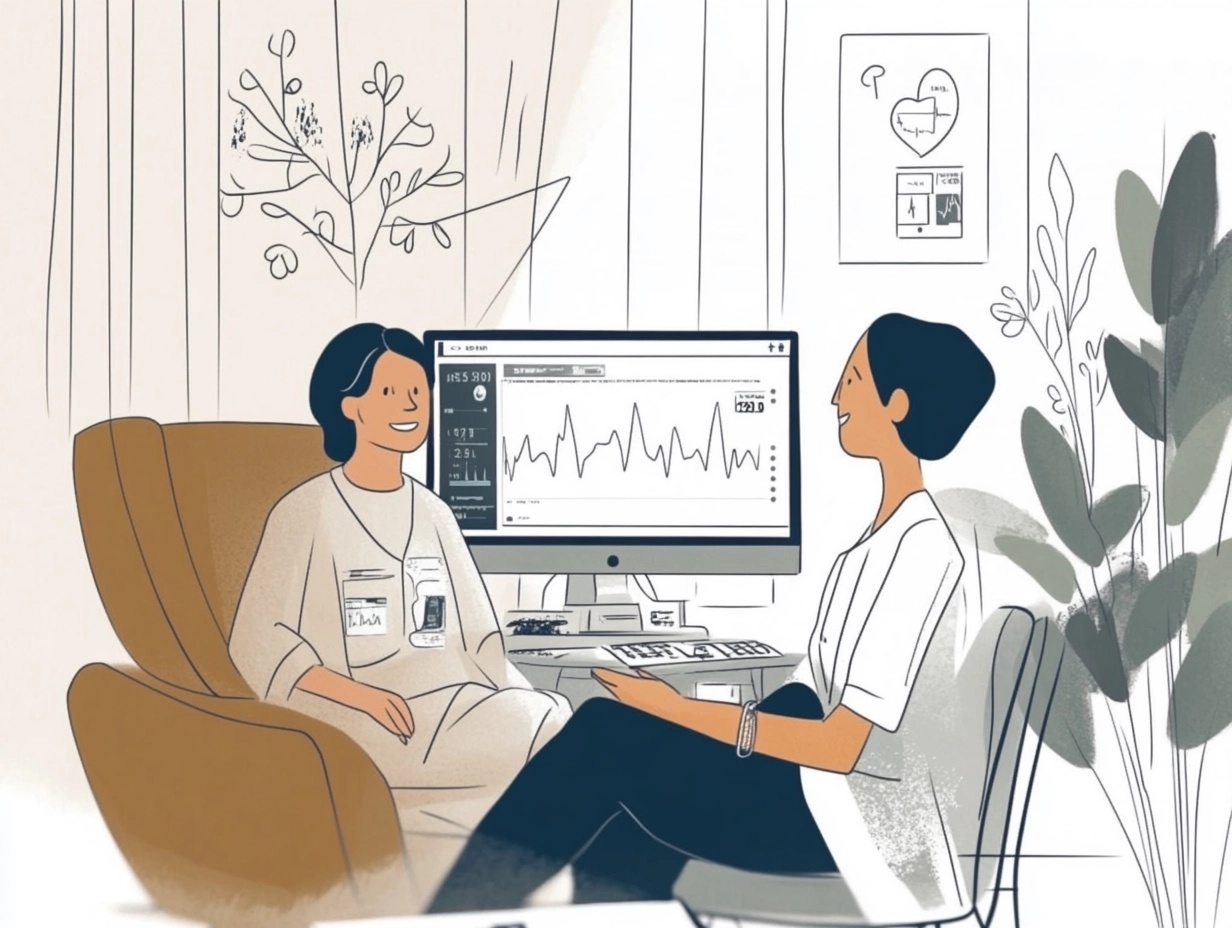
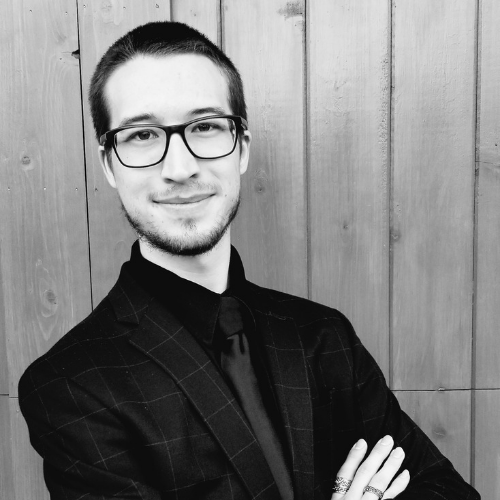
Leave a Reply
You must be logged in to post a comment.